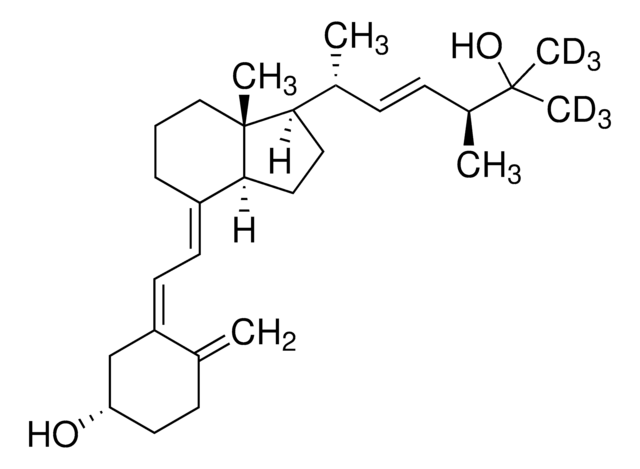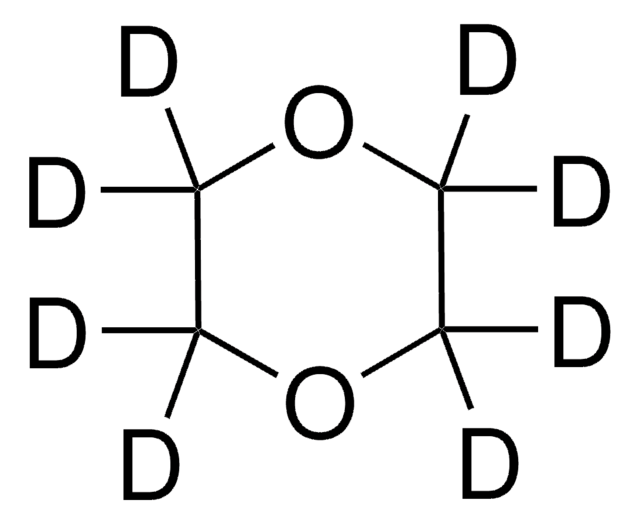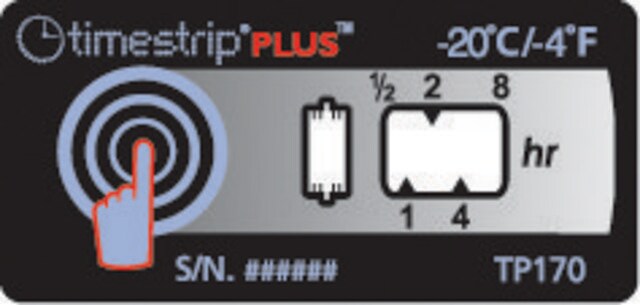MAK057
Citrate Assay Kit
sufficient for 100 colorimetric or fluorometric tests
Sinônimo(s):
Citrate Test Kit
About This Item
Produtos recomendados
uso
sufficient for 100 colorimetric or fluorometric tests
aplicação(ões)
cosmetics
food and beverages
método de detecção
colorimetric
fluorometric
doença(s) relevante(s)
cancer
temperatura de armazenamento
−20°C
Descrição geral
Aplicação
Adequação
Princípio
produto relacionado
Frases de perigo
Declarações de precaução
Classificações de perigo
Aquatic Chronic 3
Código de classe de armazenamento
10 - Combustible liquids
Classe de risco de água (WGK)
WGK 3
Ponto de fulgor (°F)
188.6 °F - closed cup
Ponto de fulgor (°C)
87 °C - closed cup
Escolha uma das versões mais recentes:
Certificados de análise (COA)
Não está vendo a versão correta?
Se precisar de uma versão específica, você pode procurar um certificado específico pelo número do lote ou da remessa.
Já possui este produto?
Encontre a documentação dos produtos que você adquiriu recentemente na biblioteca de documentos.
Artigos
Information on fatty acid synthesis and metabolism in cancer cells. Learn how proliferatively active cells require fatty acids for functions such as membrane generation, protein modification, and bioenergetic requirements. These fatty acids are derived either from dietary sources or are synthesized by the cell.
Nossa equipe de cientistas tem experiência em todas as áreas de pesquisa, incluindo Life Sciences, ciência de materiais, síntese química, cromatografia, química analítica e muitas outras.
Entre em contato com a assistência técnica




